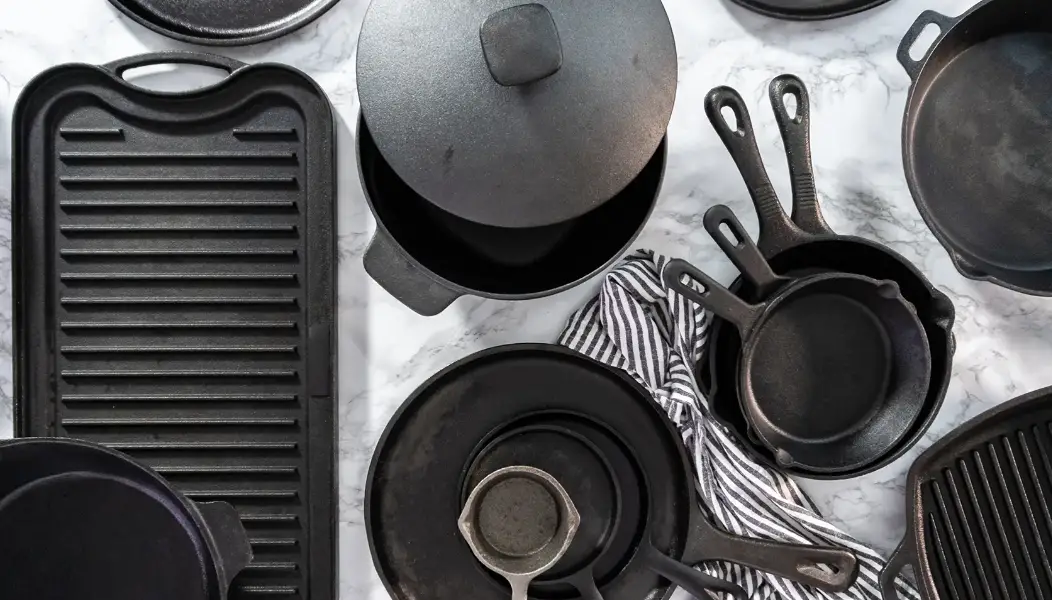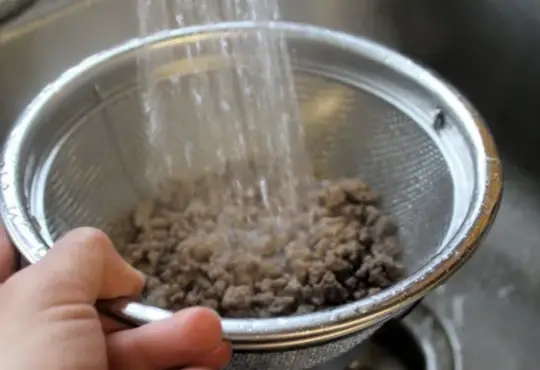
Unraveling the Mystery: Why Does Cast Iron Smell Like Metal?
Cast iron cookware is a beloved kitchen staple, cherished for its excellent heat retention and durability. However, some users may notice an unusual metallic smell emanating from their cast iron pans. While this occurrence is not uncommon, it can raise questions and concerns about the safety and maintenance of these cherished kitchen companions. In this blog post, we will delve into the reasons why cast iron may emit a metallic smell and discuss whether it is a cause for alarm.
- Natural Metallic Odor
The most common reason for a cast iron pan smelling like metal is its inherent material composition. Cast iron is primarily composed of iron, which can have a natural metallic scent. This scent is especially noticeable when the pan is new or has undergone a recent seasoning process.
- Seasoning Residue
Seasoning is a crucial step in cast iron maintenance, where oil or fat is applied to the surface to create a natural non-stick coating. However, during the seasoning process, some of the oil may not fully polymerize and can leave a slight metallic smell on the pan.
Solution: To minimize the seasoning residue smell, ensure you follow the correct seasoning process. Use oils with high smoke points and avoid applying excessive amounts of oil to the pan. Additionally, make sure to wipe off any excess oil before heating the cookware.
- Storage and Absorption
If you store your cast iron cookware with other metal objects, it can absorb the smell of the metals around it. This absorption can occur when the pans are stacked together or stored in tight spaces.
Solution: Store your cast iron cookware separately from other metal objects to prevent odor absorption. You can also place a sheet of paper towel or cloth between stacked pans to create a barrier and avoid direct contact.
- Reacting with Acidic Foods
Cast iron is prized for its versatility, but certain acidic foods, such as tomatoes or citrus-based dishes, can react with the iron and produce a metallic taste or smell.
Solution: To avoid this issue, it’s best to limit acidic ingredients in dishes cooked in cast iron. If you do need to use acidic ingredients, consider using enameled cast iron cookware, which is less prone to such reactions.
- Residue from Cleaning Agents
Using harsh or abrasive cleaning agents can strip away the seasoning and expose the raw iron, leading to a metallic smell. Similarly, leaving moisture on the pan for an extended period can also contribute to this issue.
Solution: Stick to gentle cleaning methods when maintaining your cast iron. Use hot water, a soft brush or sponge, and a mild detergent if necessary. Always ensure the pan is thoroughly dried after cleaning to prevent any metallic smells from developing.
Conclusion
While the metallic smell emanating from cast iron cookware may raise concern, it is generally not a cause for alarm. The natural metallic odor of cast iron, along with factors like seasoning residue, storage conditions, and interactions with certain foods, can contribute to this scent. By properly seasoning, storing, and cleaning your cast iron cookware, you can minimize and manage the metallic smell while enjoying the many benefits this timeless kitchen essential has to offer. With proper care and attention, your cast iron cookware will serve you well, providing delicious meals for years to come.






